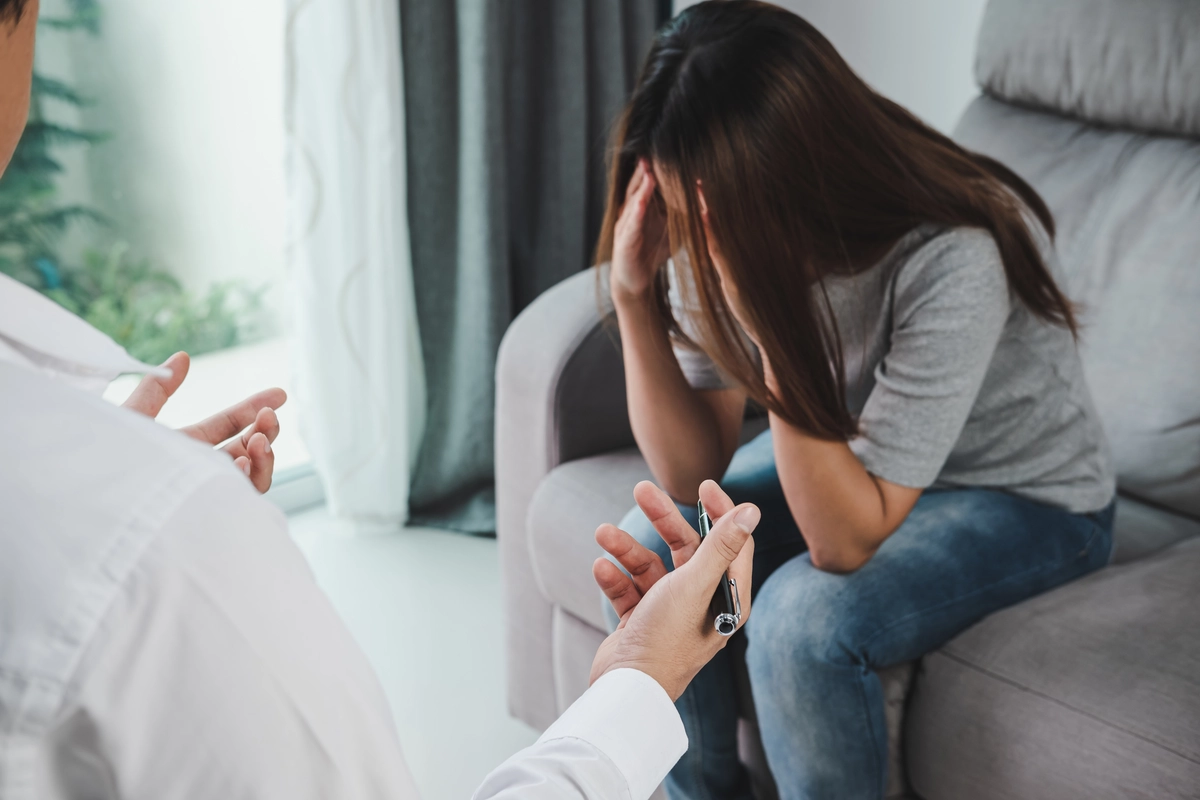24/7 Helpline:
(866) 899-221924/7 Helpline:
(866) 899-2219
Learn more about PTSD Treatment centers in Port Richey

Other Insurance Options

GEHA

Covered California

BHS | Behavioral Health Systems

Sutter

UnitedHealth Group

CareFirst

Evernorth

MVP Healthcare

Aetna

Access to Recovery (ATR) Voucher

Horizon Healthcare Service

AllWell

Providence

Kaiser Permanente
Beacon

Regence

Lucent

ComPsych

Cigna

State Farm

WestCare GulfCoast – Port Richey
WestCare GulfCoast – Port Richey is a non-profit rehab located in Port Richey, Florida. WestCare Gul...

Affordable Counseling by Susan McMillan & Associates
Affordable Counseling is a full service counseling agency that provides comprehensive counseling for...

Operation PAR
Operation PAR - Washington Street offers outpatient treatment for individuals with alcohol and/or su...

Patella House Recovery Residence
Patella House Recovery Residence is a private rehab located in Port Richey, Florida. Patella House R...

Pathfinder Counseling
Pathfinder Counseling is a private rehab located in Port Richey, FL. Pathfinder Counseling specializ...






















